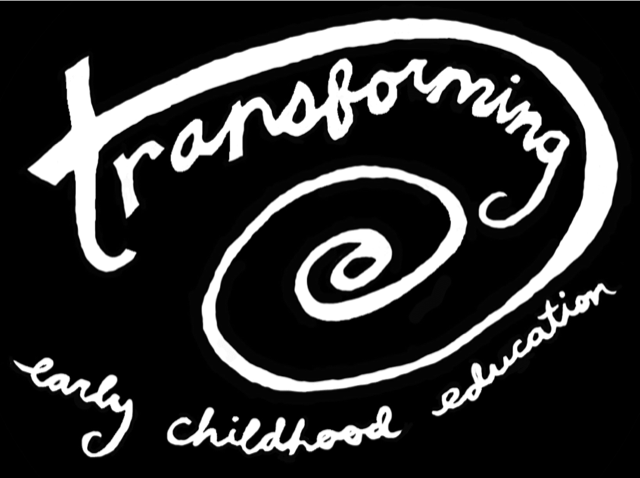Children are NOT Sponges
I regularly ask early childhood professionals and parents about their image of the children in their care. How do they view the children? What words would they use to describe young children? Before the caregivers dig into the reflection process, I ask them to think outside the realm of children being "sponges" or "vessels." This request is the first piece in the process where I get lots of questioning looks.
Seeing young children as "sponges" or "vessels" is filled with our egos. These statements mean that young children need adults to give them all the information, and they (the children) bring nothing to the table. Could you imagine someone taking all the credit for your work when you learned something new?
People are reading this right now who want to shout NO; it's not our ego; it's because children can absorb so much information. You are correct that children do have the capacity to acquire knowledge in new areas daily. The thing is that they are not "absorbing" it. Children can think critically, problem-solve, and connect prior experiences to a new topic when offered the optimal learning environment. This is a lot of work, yet we (adults) don't acknowledge this work when we assume it must be easy for a child to "absorb" new information.
When we see young children as competent, capable, and curious, we acknowledge that they can direct their learning. We also understand that adults are there as guides who help children navigate new information—providing support all the while knowing when to step away. This connection between the adult and the child is the key.
Adults need to embrace the idea that learning is not a linear path. Loris Malaguzzi shared- learning is like a tangle of spaghetti. If you've ever had the joy of hearing a young child tell you a story or share their newest passion, you can defiantly envision the tangle of spaghetti!
What is your image of the child? What words would you use to describe them? Is your image of the child reflected in your daily interactions?


